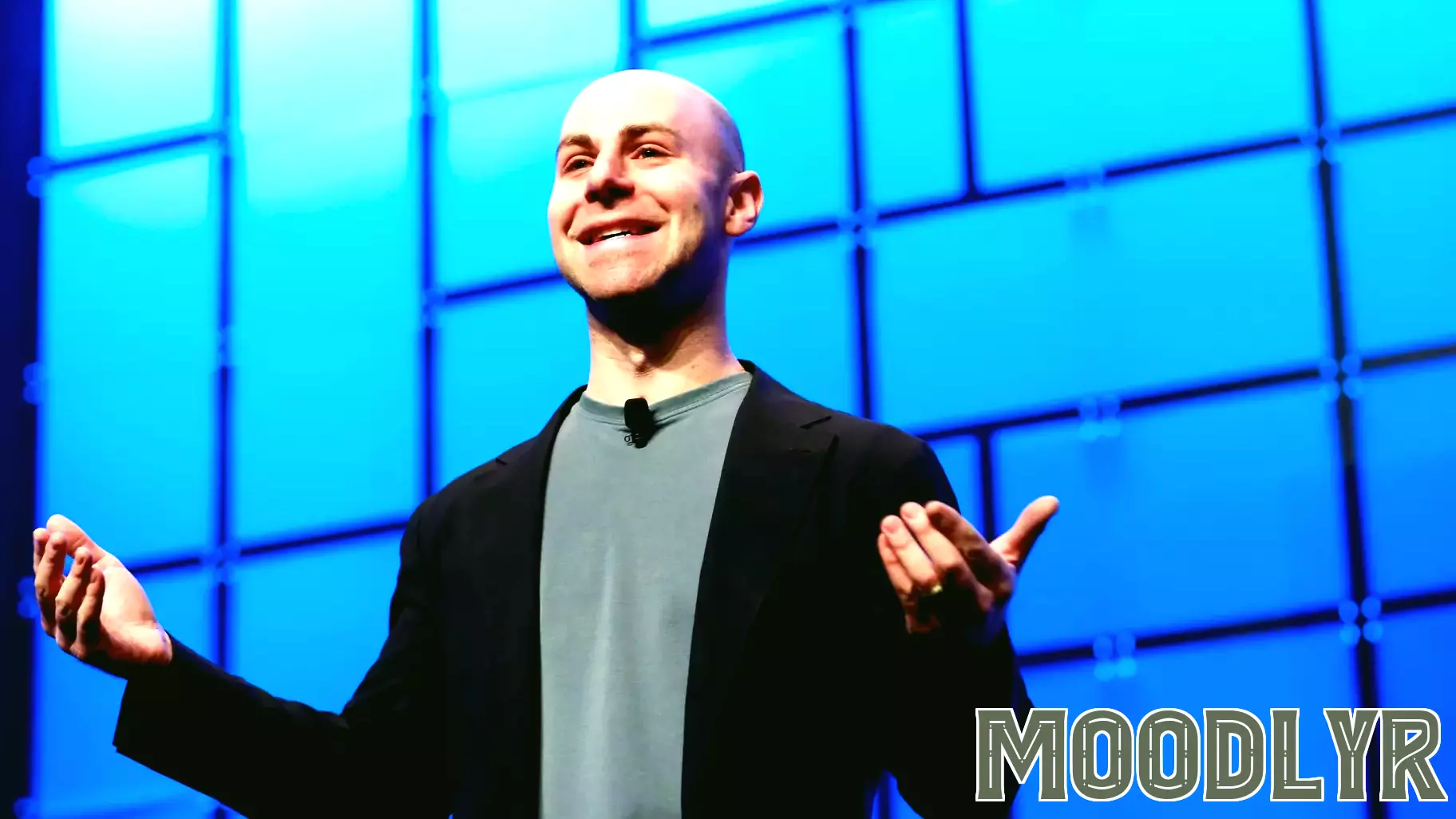Embracing a Growth Mindset: A Key to Future-Proofing Your Career
November 14, 2025 - 01:31

Wharton psychologist Adam Grant emphasizes the importance of adopting a growth mindset for effective leadership and career advancement. He believes that the best leaders foster an environment where employees feel safe to voice their opinions and experiment with innovative ideas. This approach not only enhances creativity but also encourages collaboration among team members.
Grant argues that leaders who embrace this way of thinking can significantly impact their organizations. By promoting open communication and a willingness to take risks, they empower employees to contribute actively to the company's success. This mindset shift can lead to increased job satisfaction and overall productivity, as individuals feel valued and engaged in their work.
In today's rapidly changing job market, cultivating a growth mindset is essential for career longevity. By encouraging a culture of experimentation and open dialogue, leaders can help their teams navigate challenges and seize new opportunities, ultimately future-proofing their careers in an unpredictable landscape.
MORE NEWS

February 21, 2026 - 02:30
Home Really Is Where the Heart IsThe age-old saying `home is where the heart is` is more than just a sentimental phrase; it is a neurological reality. New research suggests that the profound feeling of home is an idea we...

February 20, 2026 - 05:37
Racist Attitudes Linked To Future Psychological Distress – But Could Both Be Fueled By Something Else?A new research study is challenging the straightforward assumption that holding racist views directly causes future mental health problems. While confirming a link between prejudiced attitudes and...

February 19, 2026 - 04:05
UWM Professor Uses Sport Psychology Research to Solve Real-World ProblemsProfessor Barbara Meyer possesses a uniquely analytical lens that she applies to nearly every situation. Whether she`s guiding Olympic athletes, consulting with a university soccer team, or simply...

February 18, 2026 - 03:25
Why couldn't Ilia Malinin handle the pressure? Sports psychologists offer their thoughtsThe recent performances of top athletes have reignited a crucial conversation within the world of elite sports: the immense psychological burden of competition. While the spotlight often falls on a...